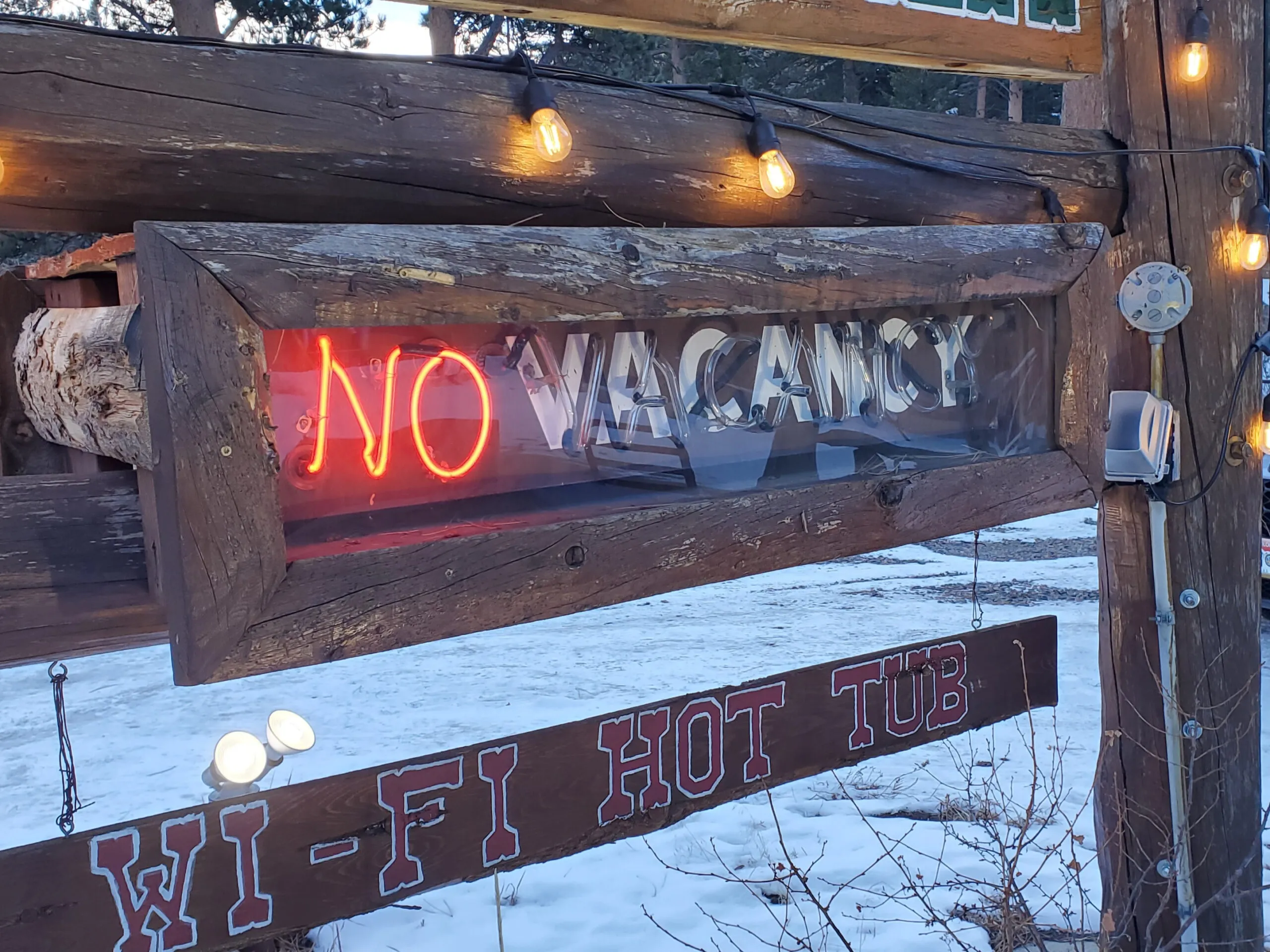Loveland Urban Renewal Authority approves four tax-sharing agreements

LOVELAND — Members of the Loveland Urban Renewal Authority board voted to ratify four intergovernmental agreements setting up a financing mechanism for the yet-to-be-approved Centerra South development.
In votes of either 9-3 or 10-2, the LURA board confirmed the agreements that had been negotiated with the Thompson School District, the Thompson Valley Health Services District, the Northern Colorado Water Conservancy District and the city of Loveland. LURA commissioners Jody Shadduck-McNally and Jackie Marsh voted against all four. Commissioner Steve Johnson cast a vote against the school district agreement, and commissioner Jon Mallo voted against the city of Loveland agreement.
The vote to…
THIS ARTICLE IS FOR SUBSCRIBERS ONLY
Continue reading for less than $3 per week!
Get a month of award-winning local business news, trends and insights
Access award-winning content today!





